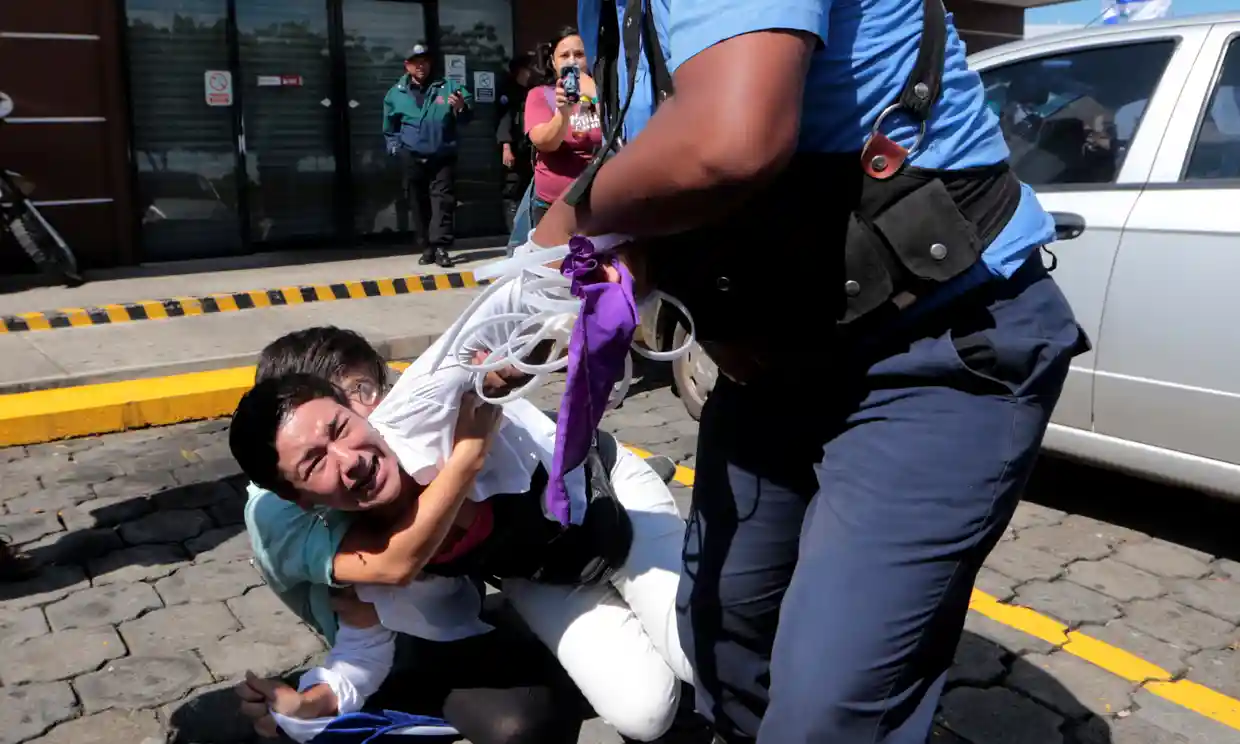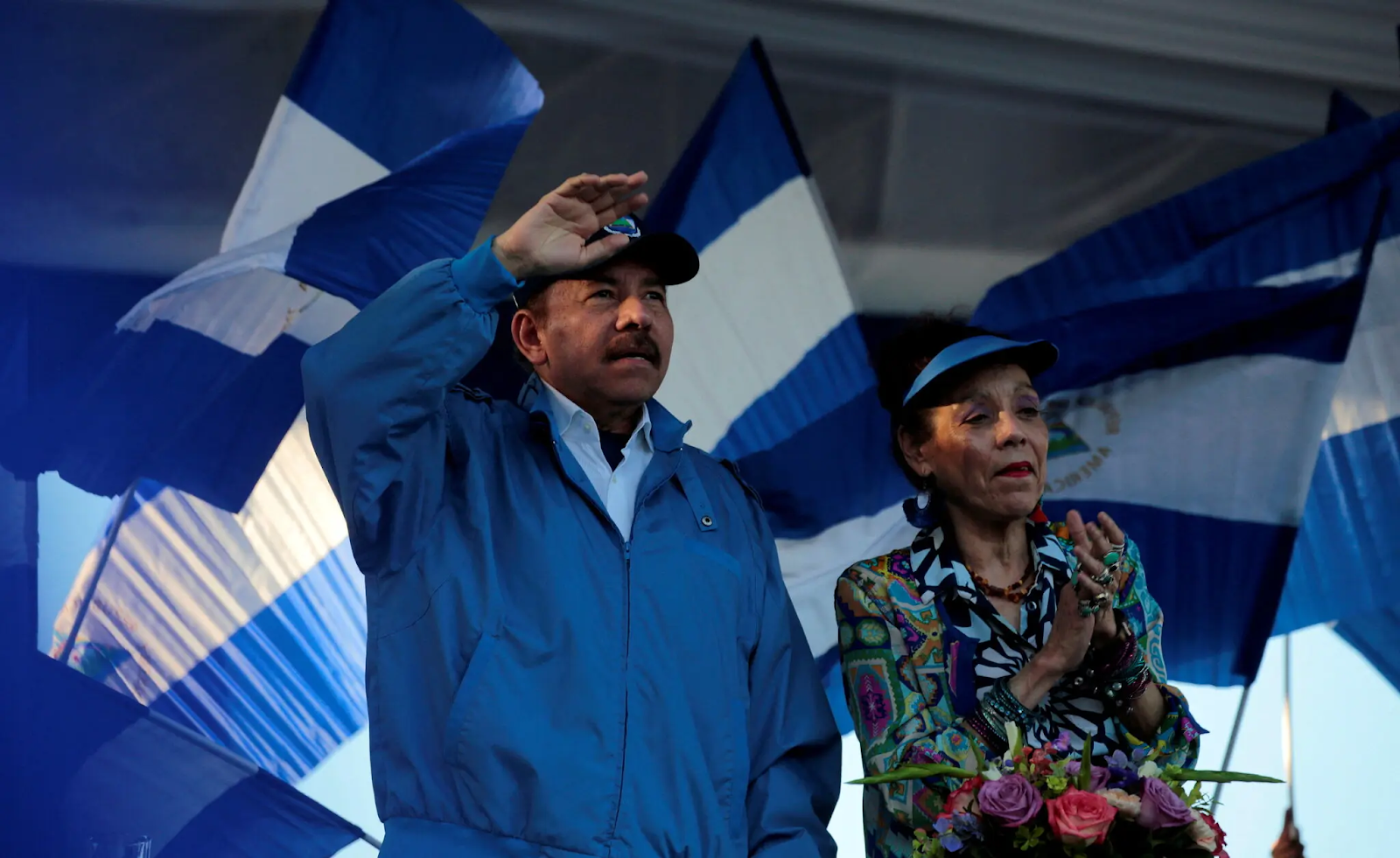UN Investigation Finds Evidence of Crimes Against Humanity in Nicaragua
The 2018 demonstrations in Nicaragua left 300 dead and 2,000 injured, as police and pro-government armed groups repressed the protests. Source: Oswaldo Rivas/Reuters
The Group of Human Rights Experts on Nicaragua, a three-body group of independent rights investigators, gave their first report on Thursday. It claimed to have found evidence of systematic human rights violations to the extent of crimes against humanity, committed by the government against civilians, since 2018. The Group was appointed by the United Nations in March 2022, due to several years of increasingly concerning activity by the regime in charge.
The Group began its investigation with the 2018 anti-government protests that occurred between April and September. Initially beginning due to anger over reforms to weaken social security, the demonstrations, and the following government crackdown, resulted in 300 dead and 2,000 injured.
Official government forces, such as the National Police and the National Penitentiary System, coordinated with pro-government paramilitary groups to crackdown on the demonstrations. The government has denied any deliberate action on their part, however they obstructed investigations, and claimed that the protests were violent coup attempts.
These conditions of repression have continued since. The report documented a variety of human rights abuses: more than 100 extrajudicial executions, several hundred incidents of torture, and many more arbitrary detentions. It includes details on the specific actors responsible, including President Daniel Ortega, and his wife, Vice President Rosario Murillo, as well as other top members of the government, and mid-level officials.
President Daniel Ortega and his wife, Vice President Rosario Murillo, in 2018. Photo: Oswaldo Rivas/Reuters
President Ortega came into power during the 1970s revolution as the leader of the left-wing Sandinista guerilla group. He has been an important public figure since, and has spent time in and out of office. In 2007, Ortega was elected and has stayed ever since.
Under his 16 years of rule, much of the nation’s institutions have experienced a very obvious backslide into authoritarianism.
There are no pillars of democracy in the Nicaraguan government. All important institutions in the country are controlled by government loyalists. In addition, the executive, legislative, and judicial branches have been weaponized against the population. Jan-Michael Simon, the Chair of the Group of Human Rights Experts on Nicaragua, claimed that this was “the deliberate dismantling of democratic institutions and destruction of civic and democratic space.”
These human rights abuses are part of the process of consolidating power. Nicaragua has seen a high level of political persecution, as Ortega attempts to remove any opposition. He has enforced an environment where opposition has to leave the country or risk the violation of their human rights. He has shut down civil society organizations, controlled all media, and stripped citizenship from those they deemed “traitors” and expelled them from the country.
This report has the potential to lead to more tangible repercussions. It demands sanctions and direct legal action by the international community against the individuals that have been documented.
The United States has already imposed sanctions, and there will likely be more to come. The evidence in the report has opened the possibility of trying them overseas in an international court through universal jurisdiction. Moreover, the accusations of crimes against humanity may make it more difficult for Nicaragua to secure international financing.
Nevertheless, these consequences may not be enough to alter the behavior of the Ortega regime.


